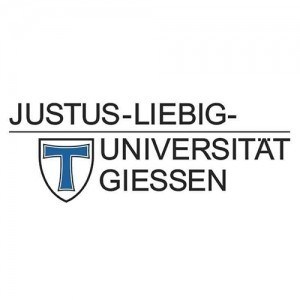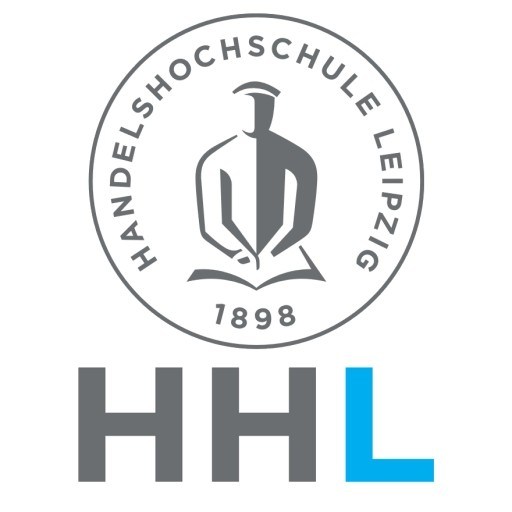Photos of university / #humboldt.uni
The Master of Economics and Management Science (MEMS) at Humboldt University of Berlin is a comprehensive and rigorous graduate program designed to equip students with advanced knowledge and practical skills in the fields of economics, management, and decision sciences. This interdisciplinary program aims to prepare graduates for challenging careers in business, public administration, consulting, and research by integrating theoretical foundations with real-world applications. The curriculum emphasizes analytical thinking, quantitative methods, and strategic decision-making, enabling students to understand complex economic and managerial problems and develop innovative solutions.
Students delve into core topics such as microeconomics, macroeconomics, financial economics, organizational management, marketing, and strategic planning. The program also offers specialized modules in data analysis, econometrics, behavioral economics, and sustainable management, fostering a diverse skill set adaptable to various industry sectors. Emphasis is placed on fostering critical thinking, ethical decision-making, and the capacity to operate in globalized environments.
The program structure combines lectures, seminars, workshop-style courses, and project-based learning. Collaborations with industry partners and guest lectures from leading experts ensure that students gain exposure to current trends and practical challenges. Through rigorous coursework and research projects, students develop competencies in quantitative analysis, problem-solving, and effective communication.
Humboldt University Berlin provides a stimulating academic environment with access to extensive resources, including libraries, research centers, and networks of alumni and professionals. The program culminates in a master's thesis that allows students to investigate a specific issue in-depth, demonstrating their ability to apply learned concepts to real-world scenarios.
Graduates of the MEMS program are well-equipped to pursue leadership roles in multinational corporations, financial institutions, consulting firms, government agencies, or continue their academic journey in doctoral studies. The program’s multicultural and interdisciplinary approach fosters international perspectives and prepares students to navigate and influence the dynamic landscape of global economics and management.
Educational organisation
The programme should be completed, including examinations, within four semesters, provided that the student has a sufficient background in mathematics. It is designed according to the rules of ECTS (European Credit Transfer System), a European standard set up to ensure the smooth transfer of credits earned at different participating colleges and universities throughout Europe.In order to attain the Master's degree, students must earn a total of 120 credit points, which are subdivided into compulsory and specialisation modules in economics, management science and quantitative methods, complementary courses according to the student's choice, and the Master's thesis. One credit point is usually equivalent to a workload of 30 hours (at the school and at home; one SWS (weekly hour at the school) is usually equivalent to one and a half credit points). It is the responsibility of each individual student to choose courses in order to obtain the necessary number of credit points.
We offer our students the possibility to participate in the double degree with the Higher School of Economics (Moscow).
Study abroad unit(s)
Students can spend one or two semesters abroad over the duration of the programme. German participants in particular are strongly encouraged to spend at least one semester abroad. The School of Business and Economics and Humboldt-Universität have a wide variety of international exchange offers.The School of Business and Economics also offers an annual summer school which takes place in Havana, Cuba in September every year. In close cooperation with the Universidad de La Habana, the Summer School offers a variety of business, economics, and German cultural courses, which run for a duration of two weeks.
Internships
Internships are not compulsory, but are encouraged, and the MEMS Office offers active support in finding internship positions.Forms of assessment
Classes are offered in the form of lectures, seminars, and practice sessions on each topic. Assessments can take the form of written exams and individual and/or group presentations as well as submission of papers. At the end of each semester, there are two exam periods for the courses offered. Students may choose any selection of topics in any order, as long as they comply with the requirements of the programme structure and offer sufficient credit points.Course objectives
MEMS is designed to provide students with the knowledge, skills, and methods necessary for critical and successful future involvement in the world of economics and business, both in academia and in the business world. The international orientation of the programme in particular gives students the understanding necessary for engagement on an international level. In offering this programme, the School of Business and Economics draws on numerous international contacts and offers the valuable knowledge and expertise of the distinguished German and foreign academics who constitute the school's teaching staff.A fast track option with the Berlin Doctoral Programme in Economics and Management Science (BDPEMS) is possible: https://bdpems.wiwi.hu-berlin.de.
Language requirements
There are no German language requirements for entry into the programme. Students are required to prove their knowledge of English by taking TOEFL (100 points or more), IELTS, or equivalent language tests. The up-to-date language requirements can be found at https://www.wiwi.hu-berlin.de/international/mems/program/apply.Academic requirements
- Bachelor's degree or a minimum of three years of relevant university education in economics or related fields, such as mathematics, statistics, sociology, political science, engineering or natural sciences, etc.
- TOEFL test 100 points or more or comparable certificate of English language as listed on the website
- GRE General Test
- Two recommendation letters, preferably from previous professors
Enrolment fees
Approx. 300 EUR each semester (includes public transport costs)Costs of living
Approx. 850 EUR per month to cover personal expensesJob opportunities
MEMS Career Service regularly sends e-mails with current student job and internship opportunities to all students. The university offers various student assistant positions.Arrival support
Every effort is made to ensure the smooth integration of international students into the school, the university and the city. The following activities and facilities are offered to promote this process:- three introductory weeks to familiarise students with the school and the university
- a visa service offered by the university, which assists students with visa issues after arrival
- introductory courses on econometrics and mathematics
- German language courses offered by the Language Centre at Humboldt-Universität
- social events specially tailored to students in the programme and to other international students at the school
- a scheme of "buddy students", in which each new student is assigned an experienced "buddy student" to help with administrative, academic, and general support issues which may arise during their first year in Berlin








